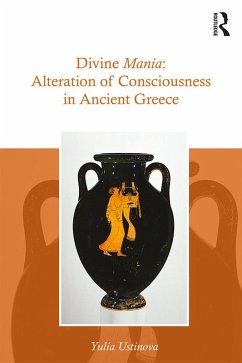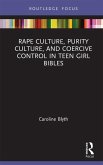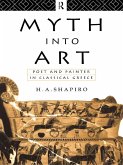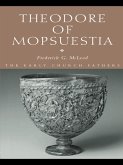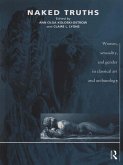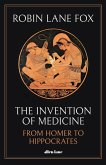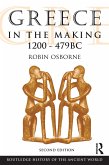Dieser Download kann aus rechtlichen Gründen nur mit Rechnungsadresse in A, B, BG, CY, CZ, D, DK, EW, E, FIN, F, GR, HR, H, IRL, I, LT, L, LR, M, NL, PL, P, R, S, SLO, SK ausgeliefert werden.
"Ustinova builds on the growing interest in cognitive science approaches to Greek religious thought. This monograph displays careful attention to philological detail and a wide range of theoretical toolkits, founded on the interdependence of humanity's biological and cultural dimensions." - American Journal of Philology
"Yulia Ustinova's Divine Mania is the first comprehensive overview of the source evidence for alterations of consciousness in ancient Greece... Whereas earlier generations often fell into the trap of cherry-picking "rational consciousness" in ancient Greece, Ustinova succeeds admirably in avoiding that temptation in this splendid overview of its counterpart, alterations of consciousness. Divine Mania recovers a treasure trove of rejected knowledge that gives access to some of the most important esoteric origins of Western culture." - Aries - Journal for the Study of Western Esotericism

